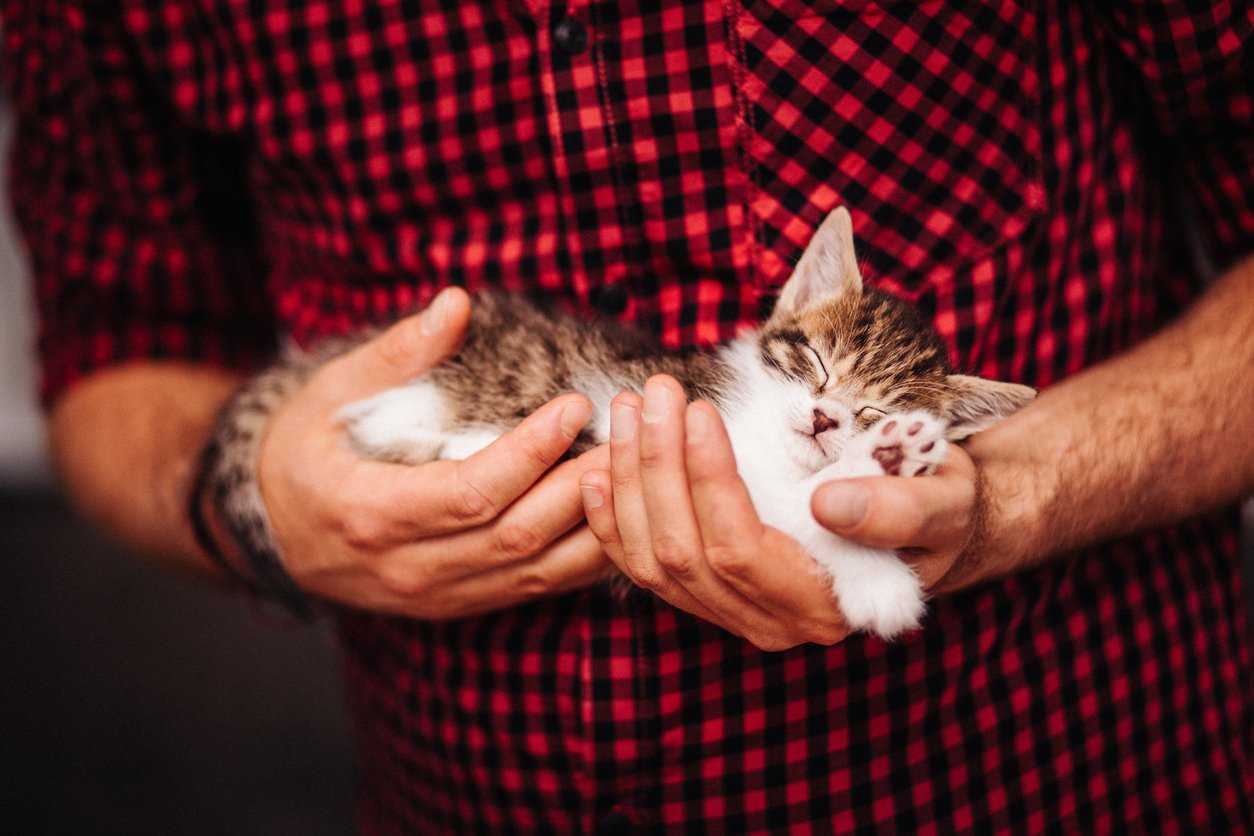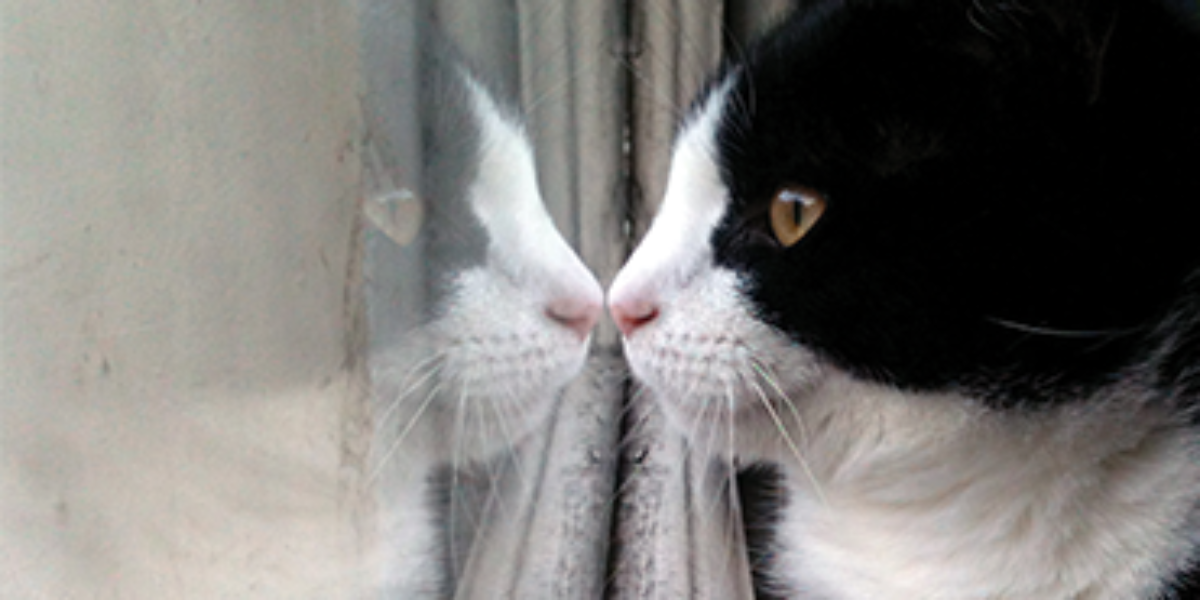Kitten Vaccines First Year

In many private veterinary practices this fee will include two examinations with a veterinary surgeon a vaccine certificate and advice on how to care for your kitten s health.
Kitten vaccines first year. Then they must be boostered a year latyer. Keep the vaccination record safe and check whether your vet practice offers a vaccination reminder service. When to get vaccinations done. A booster follows this first vaccination 12 months later and then again once a year throughout the cat s adult life.
The exact vaccine will differ year on year depending on the vaccine schedule but all cats require vaccination against at least one disease annually. Giving vaccines twice ensures a satisfactory level of immunity. Your cat should be vaccinated while they are a kitten then get regular boosters over their lifetime. The shots come in a series every 3 to 4 weeks.
Types of vaccines for kittens. A booster vaccine should be given one year later to keep immunity levels high. Cat and kitten vaccination prices vary from practice to practice and from area to area but at the time of writing a comprehensive initial course cost between 20 and 75. Further needs should be discussed with your vet.
Adult cats need shots less often usually every year or every 3 years depending on how long a vaccine is designed to last. Two vaccines are usually needed three to four weeks apart. After this kittens and cats usually need booster vaccinations every twelve months. Kittens should start getting vaccinations when they are 6 to 8 weeks old until they are about 16 weeks old.
Kitties need several immunizations during their first year to protect them against serious diseases. Vaccines are combined into a single injection so your cat only has to have one needle. When kittens are nursing antibodies in their mother s milk help protect them from infections. However based on most recent data the vaccine advisory panel recommends that subsequent vaccines may be administered based on risk.
What vaccinations are available for my cat. Until your kitten is fully vaccinated and neutered you should keep him or her inside. This is a core vaccine considered. Kittens can be especially vulnerable to the effects of infectious diseases such as cat flu.
Yearly for high risk cats and every two years for lower risk cats. Kittens usually start with a course of two injections given at nine and 12 weeks. Too late and kittens will be left susceptible to infection. When to give vaccines.
But after about six weeks old and eating solid food it s time for them to be vaccinated. Fvrcp stands for feline viral rhinotracheitis calicivirus and panleukopenia. This is given under the skin at the back of the neck and is well tolerated by the vast majority of cats. Kittens should have their first set of vaccinations at nine weeks old and at three months old they should receive the second set to boost their immune system.




















